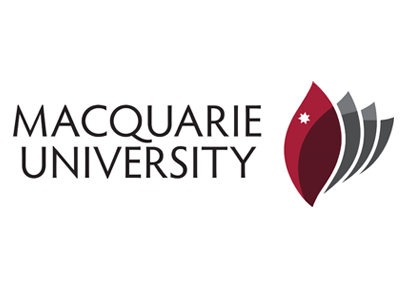Mac Uni CIO: how SMBs win big business

Macquarie University's chief information officer (CIO) Marc Bailey said that the potential for insolvency was one of the major concerns held by enterprises when considering entering into contracts with small-to-medium-sized businesses (SMB).

(Credit: Macquarie University)
"I think as a small company you need to convince us you're going to stay in business and mitigate the chances of going out of business," said Bailey who believes that this is a "tricky balance".
"A small business would have to ask questions like, 'What would be things we can do to lower risk and barriers to entry?'"
Bailey suggested that small businesses assure enterprise customers via fail-safes such as code escrows, which legally give their clients access to source code in case "things turn sour".
Another option would be for small companies to make source code an asset that can be liquidated, according Dean Rosenhain, the chief of Adelaide-based software company, Planet Software.
In an ironic twist, the main reason why small businesses collapse is when the companies which hire the business doesn't pay on time, Rosenhain said. Cash flow is one of the biggest concerns of small business and big business needs to hold up its end of the deal to ensure their smaller brethren can stay afloat, he said.
"Sometimes you're dealing with someone in IT management but you get paid through the finance department and they don't tell each other and one isn't aware that they're waiting for a bill — so all part of the fun of small business," said Rosenhain.
In Bailey's eyes, size doesn't matter, instead saying it's all about how you use it.
"Sometimes you get a certain customer empathy and responsiveness which you would have no hope at all of getting from a large company," he said, adding that small business could often add customised changes and functionality to cater to their clients needs.
Rosenhain echoed this, claiming that small businesses are agile, flexible and able to engage with the needs of its clients. However, he believes that too many large organisations automatically equate big brands with stability.
Currently Macquarie University and Adelaide software developer Planet are working on the university-wide roll-out of Planet Software's student work and volunteer software SONIA. Both sides report that the project is happening smoothly.
"Planet Software has been very flexible, responsive and responsible," said Bailey. "Small is sometimes very beautiful."
SONIA, which is built on Microsoft's .NET framework, was overhauled to be compatible with Macquarie University's Oracle databases.
"If Planet had said to us 'You must use database x' instead of saying 'We'll adapt to the database that you might want to use', then that may have put them out of contention with us," said Bailey, explaining that the company had beaten out half-a-dozen shortlisted applicants.
However, Rosenhain urges SMEs not to bend over backwards too far; lest they break their backs.
"It's a balancing act, if you're too flexible, then you end up being twisted and bent each way to the point where you end up doing a whole range of other things instead of making a profit," said Rosenhain.